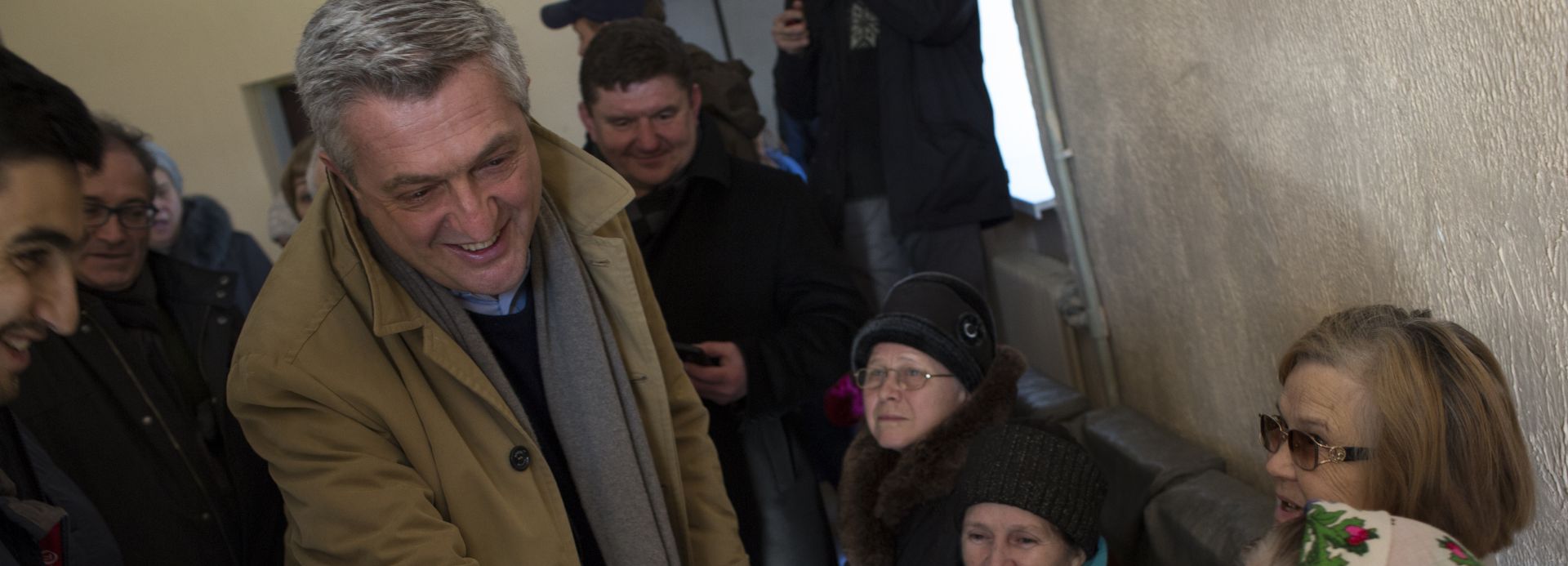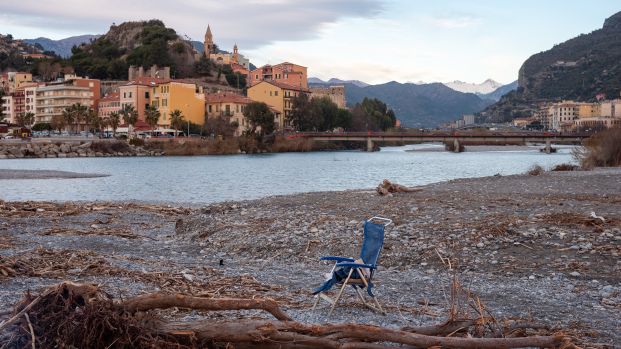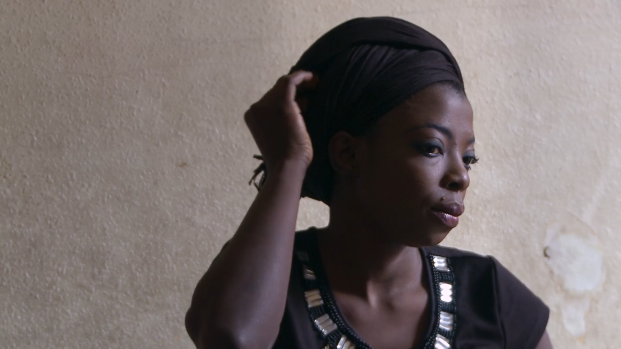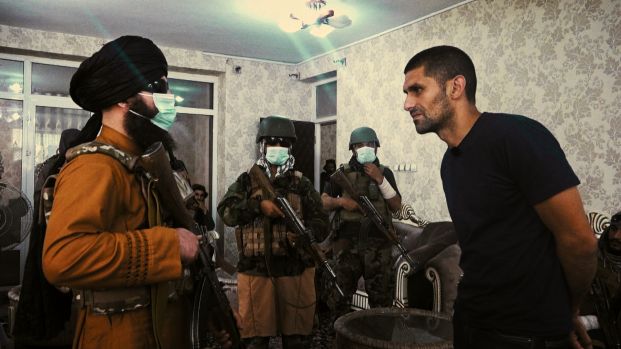
2022 Patron: Filippo Grandi
Filippo Grandi is the patron of this year’s Human Rights Film Festival Berlin. We are honoured to have the United Nations High Commissioner for Refugees at our side. Is there anyone who knows more about the state of human rights worldwide than he does? Grandi has been in office for six years. As the UN Refugee Commissioner, he is responsible for protecting refugees and stateless people. Unfortunately, there are no spatial limits to this task, which must be carried out all over the world.
‘Around the world, rights continue to be violated leading to death, injury and – for millions of refugees and asylum seekers – flight. The world cannot turn a blind eye to such abuses. Festivals like the Human Rights Film Festival Berlin help to shine a light on these abuses and the heroes that are fighting to protect and expand human rights for everyone, everywhere in the world.’
- Filippo Grandi, United Nations High Commissioner for Refugees and Patron of the Human Rights Film Festival Berlin 2022
Here in Germany and Europe, in order to understand this we only have to look to our external borders, where lines have repeatedly been crossed for years when it comes to not leaving those seeking protection on their own.
In February of this year, the UNHCR, the United Nations refugee agency, sounded the alarm. We are deeply concerned by the increasing number of acts of violence and serious human rights violations being committed against refugees and migrants at various European borders, many of which have resulted in tragic deaths. Grandi finds clear words for this situation: ‘What is happening at European borders is legally and morally unacceptable and must stop. Protecting human life, human rights and dignity must remain our shared priority.’
Unfortunately, the number of people fleeing war, persecution and human rights violations is increasing. According to the UN, more than 100 million people have fled their homes for the first time this year. By the end of 2021, the number of displaced people worldwide had risen to 90 million, according to new data from the UNHCR. The protracted conflicts in Ethiopia, Burkina Faso, Myanmar, Nigeria, Afghanistan and the Democratic Republic of the Congo are largely responsible for this. This year, Russia’s war in Ukraine has added another tragic layer to this dynamic. Here, too, Filippo Grandi speaks clearly: ‘In just seven days, one million people have fled Ukraine, uprooted by this senseless war. I have worked in refugee emergencies for almost 40 years, and rarely have I seen an exodus as rapid as this one.’ Grandi also specifically highlights the ‘international response to the people fleeing war in Ukraine’ as ‘overwhelmingly positive’. ‘Compassion is alive, and we need a similar mobilisation for all crises around the world,’ says Grandi.
Compassion does not come from headlines that show us the astronomically high numbers of deaths and people fleeing. Compassion is when we are able to empathise with how people feel, when we get to know those people, get close to them and experience their daily struggles for justice, for freedom, to protect the environment and for our own rights. Documentaries have the power to inspire that compassion. We are therefore grateful that the UN High Commissioner for Refugees Filippo Grandi is the patron of the 5th Human Rights Film Festival Berlin.
GUEST CONTRIBUTION
The refugees are not the ‘crisis’. The crisis is the human rights violations forcing them to flee.
A contribution by Katharina Lumpp, representative of the United Nations Refugee Agency in Germany
The number of people being forcibly displaced from their homes has been steadily increasing over the past decade. 2021 was marked by ongoing, unresolved or renewed conflicts like the ones in Syria, Afghanistan, Myanmar, Yemen and the Democratic Republic of the Congo. During the 2022 war in Ukraine, millions of people have also been forced to flee across international borders or have been displaced in their own country.
In all of these situations, red lines have been crossed. The systematic and widespread violations of human rights and international laws of war have led to people fleeing and being displaced. When people flee persecution and armed conflicts, their countries of origin are often either the perpetrators of rights violations or are unable or unwilling to respect human rights or the protective standards of international warfare for their own populations. People under threat therefore need international protection from other countries when they leave their countries of origin. They often require international financial and humanitarian assistance when they flee within the borders of their own countries of origin.
Within the scope of the war in Ukraine and the resulting refugee movements, we have seen how the German federal government and the German states, civil society and private individuals have contributed by voluntarily committing to take in people from Ukraine, by granting them protection and by alleviating the humanitarian distress of displaced people in Ukraine by making donations.
However, the crises of the world do not end with Ukraine. People seeking protection from other countries who have been exposed to human rights violations in their home countries need international protection and humanitarian aid in equal measure. Refugees from Afghanistan, Eritrea or Syria, for example, also depend on our solidarity and support to protect them from human rights violations in their home countries. It is not the refugees who are the ‘crisis’, even though this narrative has found its way into public discourse.
The crisis is that red lines are being crossed in violations of human rights and international humanitarian law, forcing people to flee. The efforts made by the international community to settle conflicts are the central instrument for alleviating the situation for refugees. Moreover, there needs to be a permanent commitment to a common canon of values that accepts responsibility for protecting people from other countries whose basic human rights are being violated. This film festival makes an important contribution to increasing understanding for the causes of human rights violations and conflicts, and therefore of what is displacing people and forcing them to flee.




